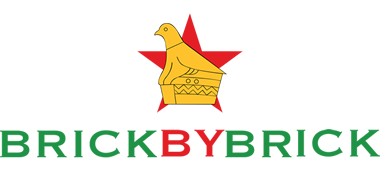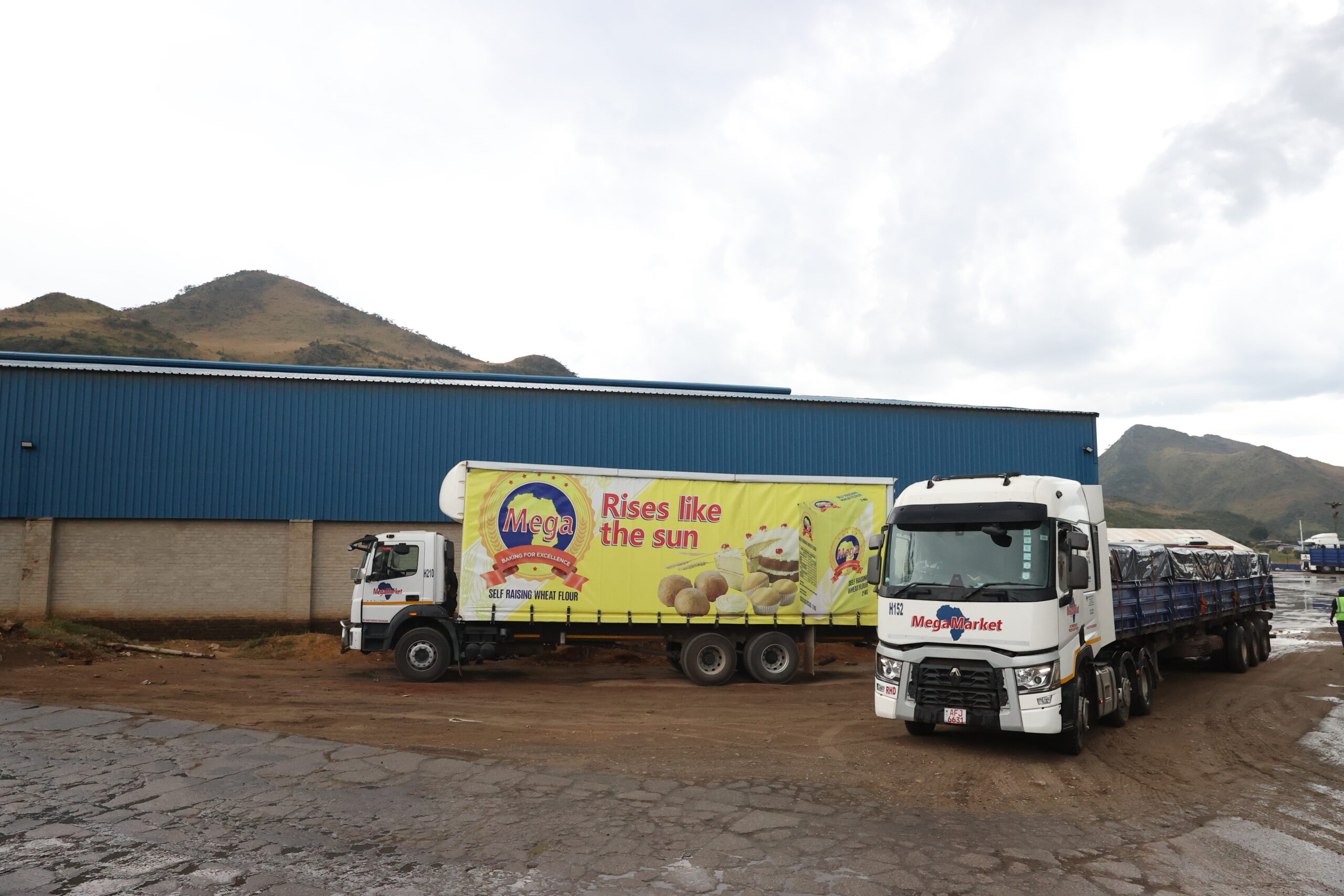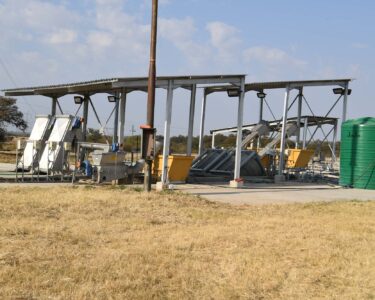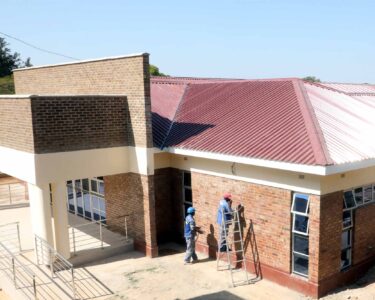In 2000, Mega Market was nothing but a tiny family retail shop operating along Herbert Chitepo Street in Mutare’s Central Business District. It was just a run-of-the-mill shop, but the managing director, Muhammad Shiraan Ahmed, had a mega vision. Now 23 years down the line, Ahmed’s vision has turned into reality and Mega Market is now a household names in the fast moving consumer goods (FMCG) sector. In true Mega Market fashion, the company, which now boasts a fleet of 215 trucks (and still growing), recently injected about US$25 million into the building a state-of-the-art flour milling plant that has shaken its competitors to the core.
As our Editor-in-Chief Munyaradzi Huni recently found out, while the company is flying high, the US$25 million plant is not operating at full capacity due to a raft of teething challenges. Despite the challenges, Mega Market, now operating from Nyakamete industrial area on the western outskirts of the city, is now a powerhouse in the manufacture and distribution of basic consumer commodities. Read on . . .
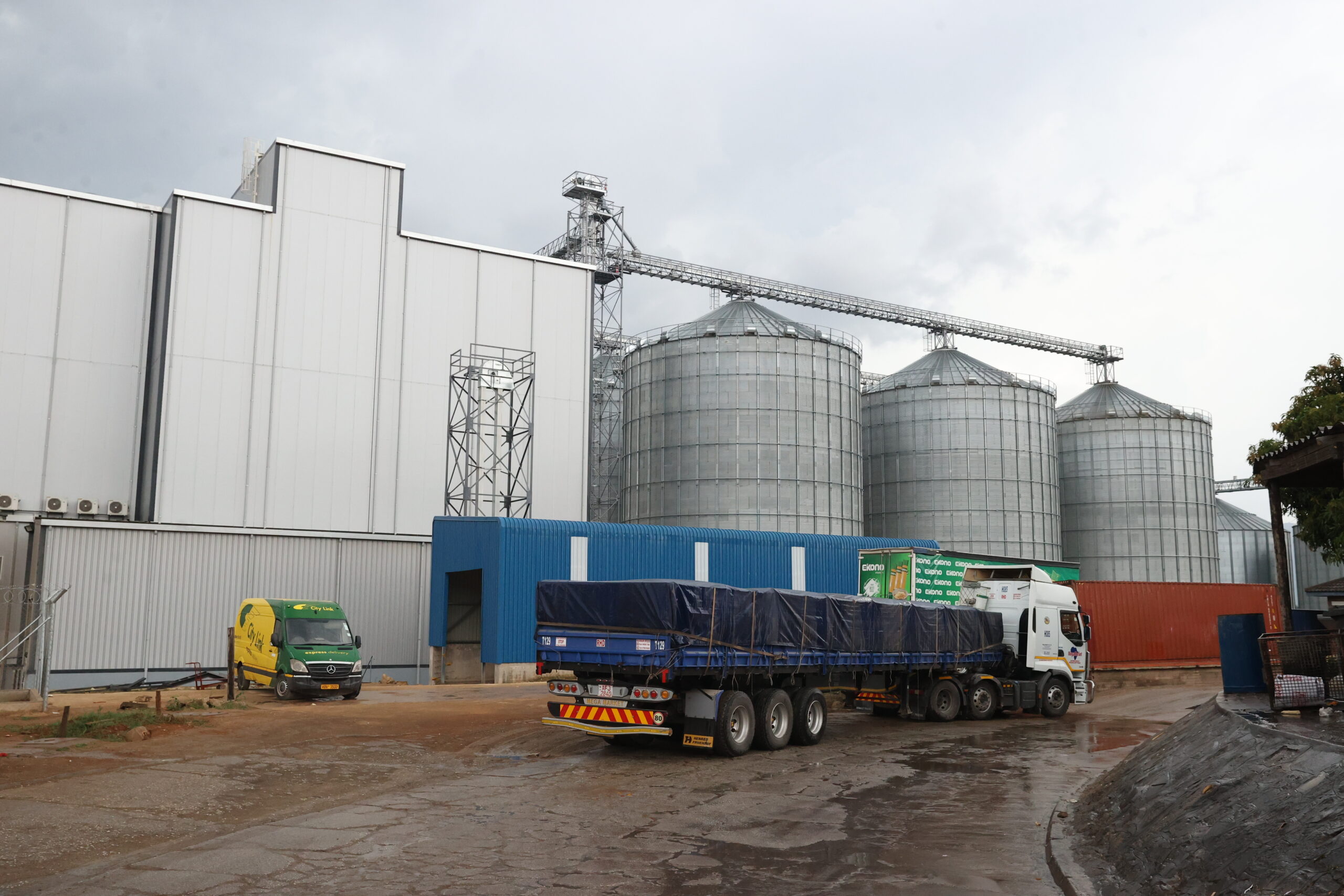
When the Brick by Brick magazine team recently visited Mega Market, the managing director, Ahmed, was out of the country, probably selling his mega vision to business associates across the world. However, on hand to talk about the company’s successes and challenges were the human resources and administration manager, Million Chingombe; the plant manager, Tafadzwa Mhambure; the milling manager, Francis de Bruin; and the personal assistant to the managing director, Loleta Hall.
In typical “ladies first” fashion, Hill, who has been with the company since it opened its doors, naturally got the ball rolling.
“Mega Market was established in 2000 as a small shop in Mutare’s city centre. At the time, it was just a retailer of groceries, but the company has since grown to a position where it manufactures and distributes its own brands. We are not your typical wholesaler because we distribute our products to our customers. Of course, we also have walk-in customers, but as a general rule, it is us who distribute our products to our diverse customers.
“To cut a long story short, Mega Market is a food distribution centre which distributes food nationwide. We have a maize milling plant as well as a fleet of about 215 trucks to facilitate the distribution of our groceries to retailers nationwide. However, due to rising volumes we sometimes have to hire the services of logistics companies. But our long-term goal is to grow our own fleet in line with the escalating demand for our products.
“Beginning as a rice retailer, our product portfolio has expanded to include a wide range of pastas. And to demonstrate that we are not resting on our laurels, Mega Market recently built a US$25 million flour milling plant.”
From a small retail shop to building a US$25 million plant and buying 215 trucks. This is phenomenal growth, no wonder the name Mega Market!
To unravel the Mega Market “miracle”, Brick by Brick magazine dug deep into the archives and came across a newspaper story published on 21 May 2021, following a tour of the company by President Mnangagwa. This is what Ahmed told the President: “Your Excellency, we are now in the process of transition from distributor to a leading manufacturer. We currently produce maize-meal and pre-pack a number of products in our brands including rice, tomato sauce and beans, amongst others. The company you see today is the fruits of hard work and many sleepless nights that our teams have put in over the years . . .

“In my discussions with our teams, our motto has always been that if the shelves run dry, we must be the last brand standing . . . In the last 3-4 years, we have changed the landscape of manufacturing and distribution in the country. Our low-cost structure has allowed us to supply high-quality products at prices never seen before in this market.
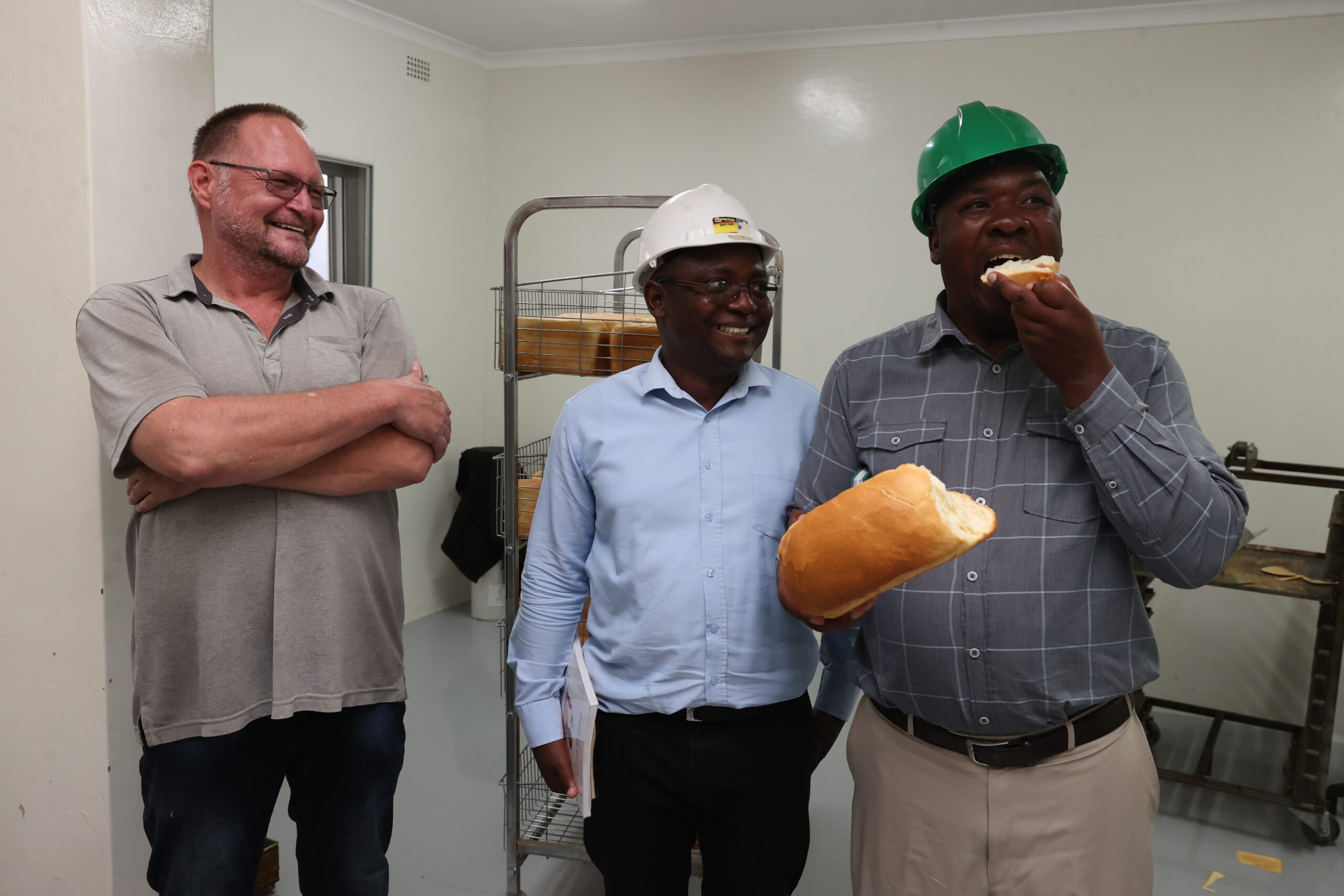
“Your Excellency, I believe Zimbabwe is a sleeping giant waiting to rise. Our mineral wealth, fertile agricultural land and human capital are difficult to match.”
With a leader blessed with such a vision, conviction, patriotism and determination, it is easy to understand why Mega Market has grown in leaps and bounds since its formative years.
Over to the human resources and administration manager, Million Chingombe, who gave Brick by Brick an overview of the human resources side of the company.
Says Chingombe: “Mega Market employs about 800 people, 500 of them full-time and the other 300 on contract basis. Of these, about 10% are women, the majority of them in the administration, laboratories and sales departments.
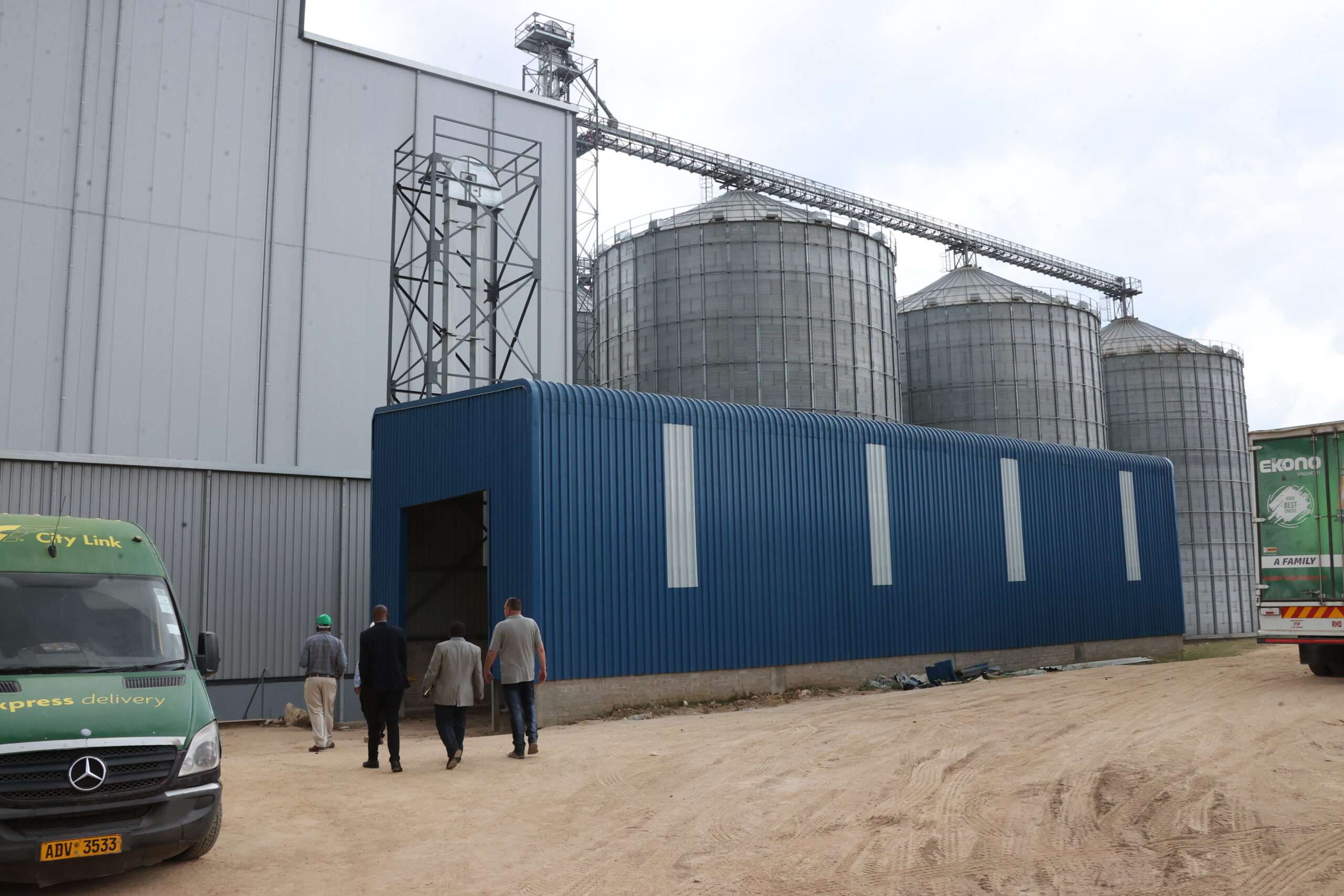
“We draw most of our workforce, especially the unskilled staff, from Manicaland. We have no appetite to employ people from outside Manicaland. Mega Market was born here and so it is part of our corporate social responsibility to create jobs for the local population.
We also give first preference to people from Manicaland Province when it comes to the recruitment of skilled staff. But if the skills we are looking for are not available locally, we cast our net wider. And that includes across borders, if necessary. For example, we employ expatriates, among them Francis [de Bruin], our milling manager. Francis has vast experience in the milling industry. We also have expatriates, trained by Volvo International, in our vehicle maintenance workshop, whose job is to service our fleet of Volvo trucks. With a fleet of 215 trucks, we want to ensure that the trucks are well-maintained. The expatriates work with our local guys for skills transfer.
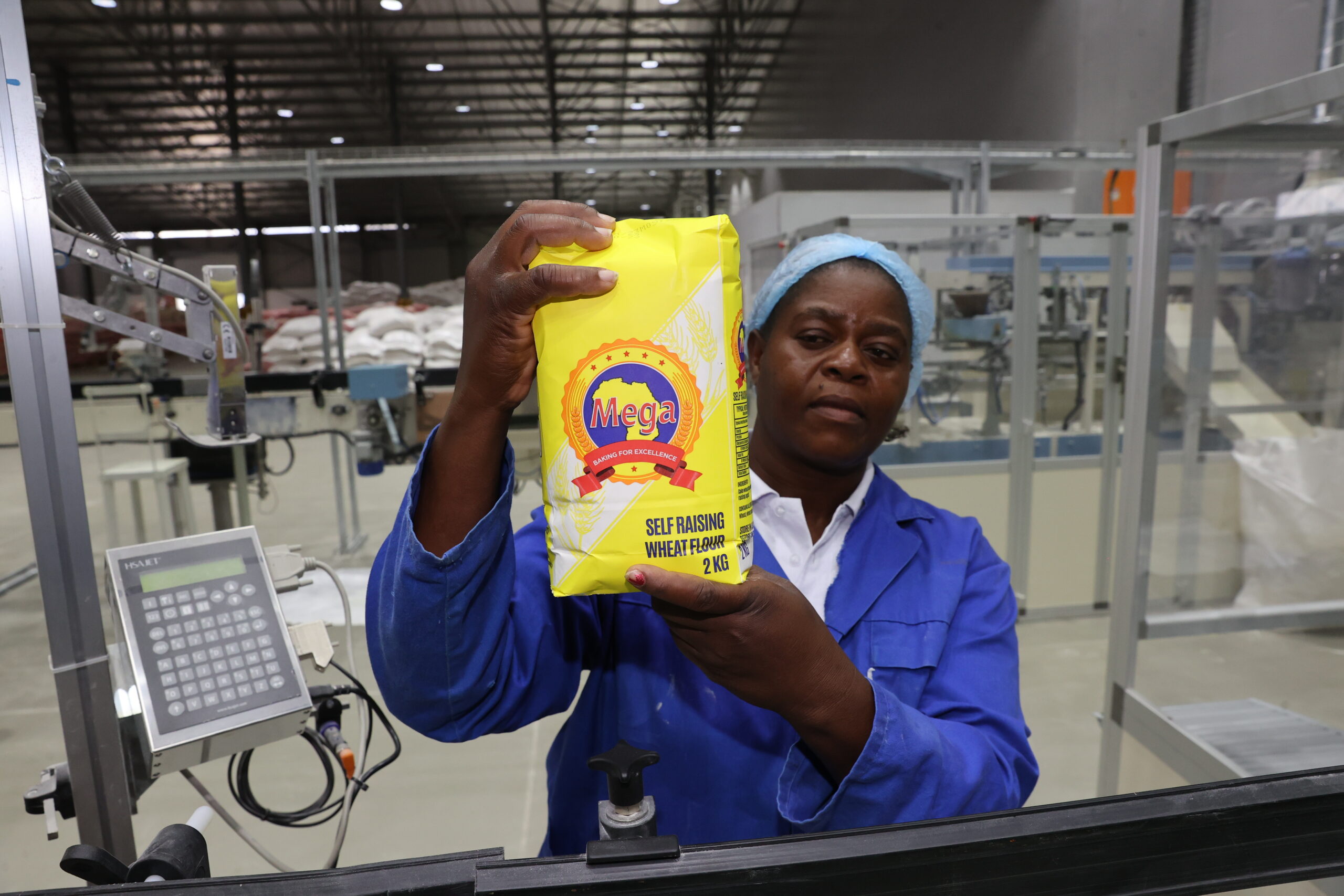
“As our name suggests, Mega Market is about growth on a mega scale. The visionary, Mr Ahmed, is very passionate about growing the company. He believes in doing things at a mega scale. That is why from a small retail shop in Mutare’s CBD, Mega Market has grown to become a giant in the FMCG sector. Our business strategy is very simple: We believe in least cost, but covering a wide range of products; small margins but large volumes. This is how the business is structured. Our goal is to feed the nation at the least cost.”
The plant engineer, Mhambure, weighed in with Mega Market’s production figures: “On a single day, we process about 450 tonnes of rice out of an installed capacity of 800 tonnes. For pasta, the figure is around 750 tonnes per month, although during the festive season this figure rises to around 850-870 tonnes per month. In terms of flour milling, our installed capacity is 300 tonnes per day while for maize we are looking at about 120 tonnes per day. As you can see from the above figures, we are doing quite well in terms of pushing volumes.
“We source the bulk of maize and wheat from the Grain Marketing Board (GMB). We only resort to imports when the GMB cannot meet our requirements.
“We also package popcorn and sugar beans. The latest addition to our portfolio is a tomato sauce processing plant. Although it is still small, it is doing a good job in plugging gaps in the market.”
Born and raised in South Africa, the milling manager, De Bruin, was also on hand to share his thoughts: “I have extensive experience in the milling industry and have been working abroad for quite a long time now. I have worked on almost all the 5 continents except South America. Before coming to Zimbabwe, I worked in Kenya and South Korea before that.
“When I was hired by Mega Market my brief was to install the milling plants and get them up and running. To ensure skills transfer, we have put in place an apprenticeship programme, which is augmented by regular training workshops.
“I must say Zimbabwe is a very beautiful country with wonderful people, apart from some of the roads that need rehabilitation.”
Of course, who wouldn’t be charmed by the beauty of Manicaland and the hospitality of “ana Wasu” (as the people of Mutare and its environs like to call themselves)?
Despite the giant strides it has made over the last 2 decades, Mega Market has had its fair share of challenges. The biggest of them arises from the fact that the company has outgrown its premises.
“As you can see, our trucks are parked by the roadside, thereby inconveniencing the motoring public. In fact, our neighbours, Border Timbers, are up in arms against us, because it is also inconveniencing their customers. We have applied for land from Mutare City Council for the purposes of parking our trucks and container handling. By the way, we are the official partners for Mediterranean Shipping Company (MSC). In the absence of a dedicated parking bay for our trucks and container handling facility, working here can be a nightmare due to traffic congestion.
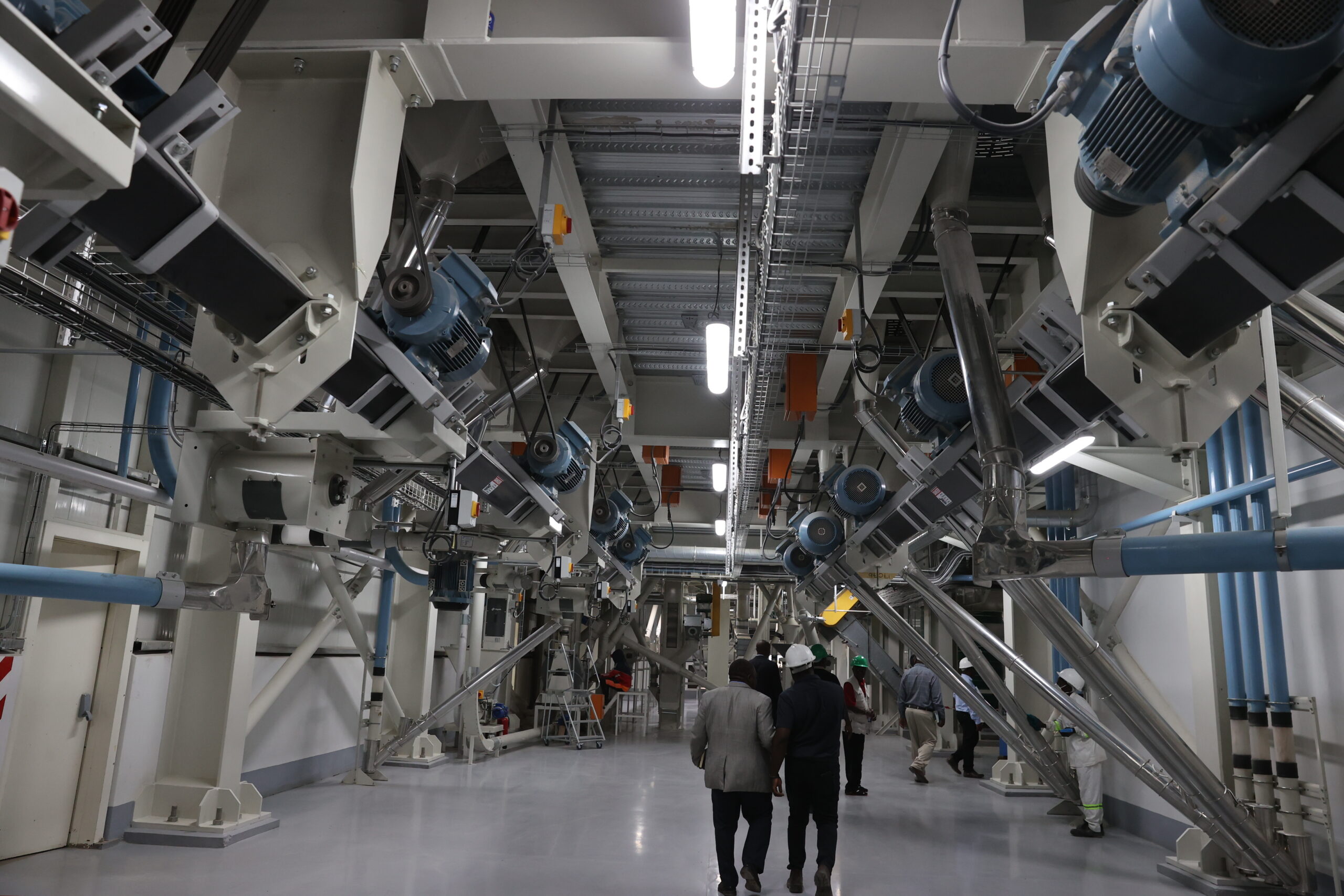
“We have taken or plight to the office of the provincial minister without success. We made a request to council for land about 2 years ago, but there is no feedback on how far they have gone in processing our application.
“The piece of land we want is about 2 hectares. In fact, it is just across the road, not very far from our milling plants. Mutare City Council has asked us several times to make an offer for the land, but when we do so, nothing happens. The 2 ha is not enough for our requirements, but as a stop-gap measure it will make a huge difference,” explained Chingombe.
They call it stinking red tape. Why should an application for 2 ha of land take more than 2 years to process for a company that has splashed millions towards developing the city?
When Brick by Brick put this question to the director for economic affairs and investment in Manicaland Province, Munyaradzi Rubaya, who accompanied us on our visit to Mega Market, this was his response: “We were not aware of it. We will look into it and make sure we speed up the process.”
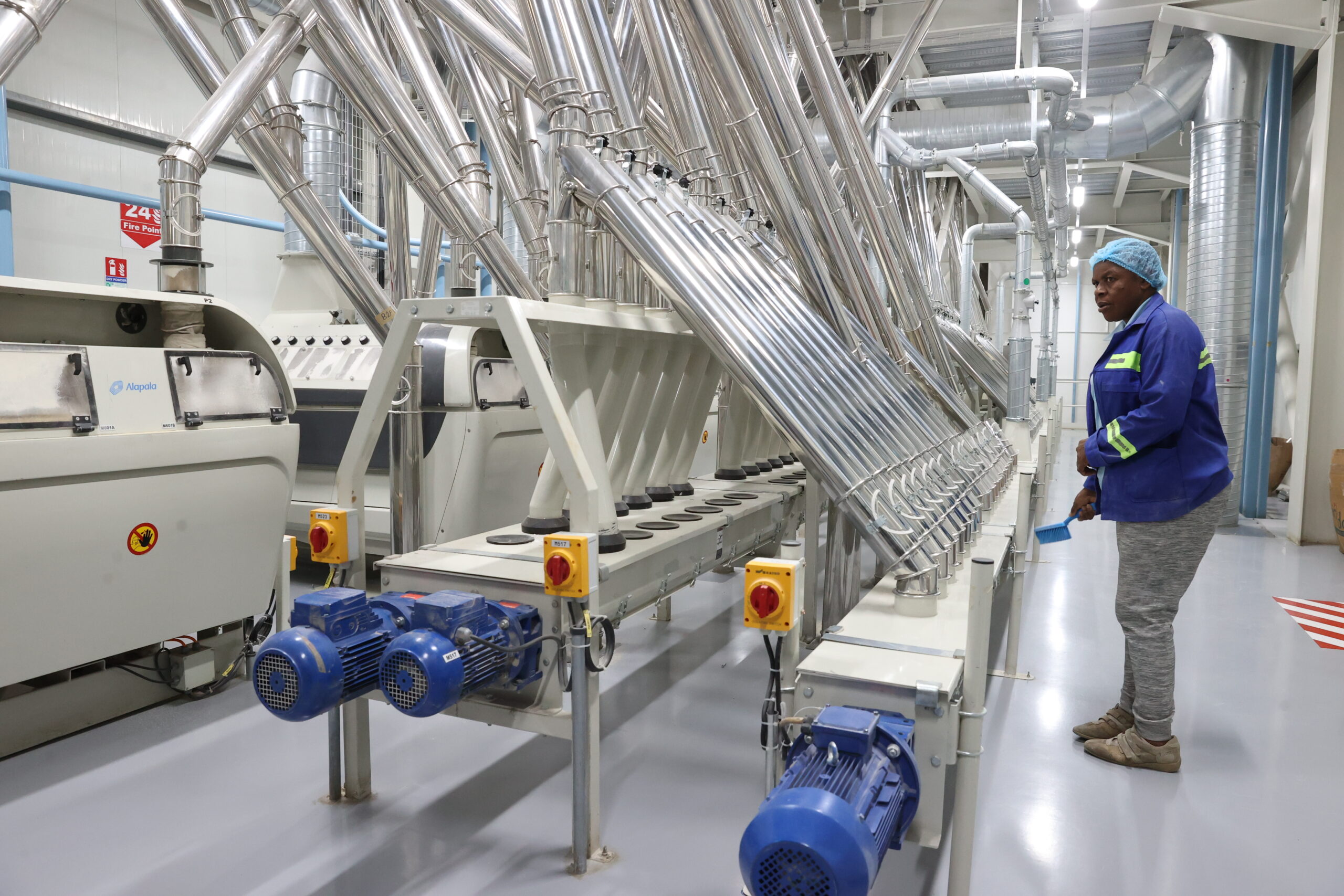
Clearly, there is someone somewhere who is busy sleeping on the job.
Like other companies, Mega Market has not been spared from Zesa loadshedding.
Lamented Mhambure. “We have a US$25 million investment which is being underutilised because of the electricity challenges. We are not producing as much as we should and, as a result, we are not creating as much employment as we should.
“Sometimes, we are cut off around 5.00am. You make a few phone calls and power is restored, probably around 10.00am on a good day. But then you have equipment which has been shut down abruptly and it takes about 2 hours to get it back online. By the time you get it back online, it’s almost lunchtime and before long, you are switched off again. It’s so, so frustrating. Sometimes you go for about 16 hours without power and you end up losing business. Some of our customers pay cash upfront and this creates problems for us.
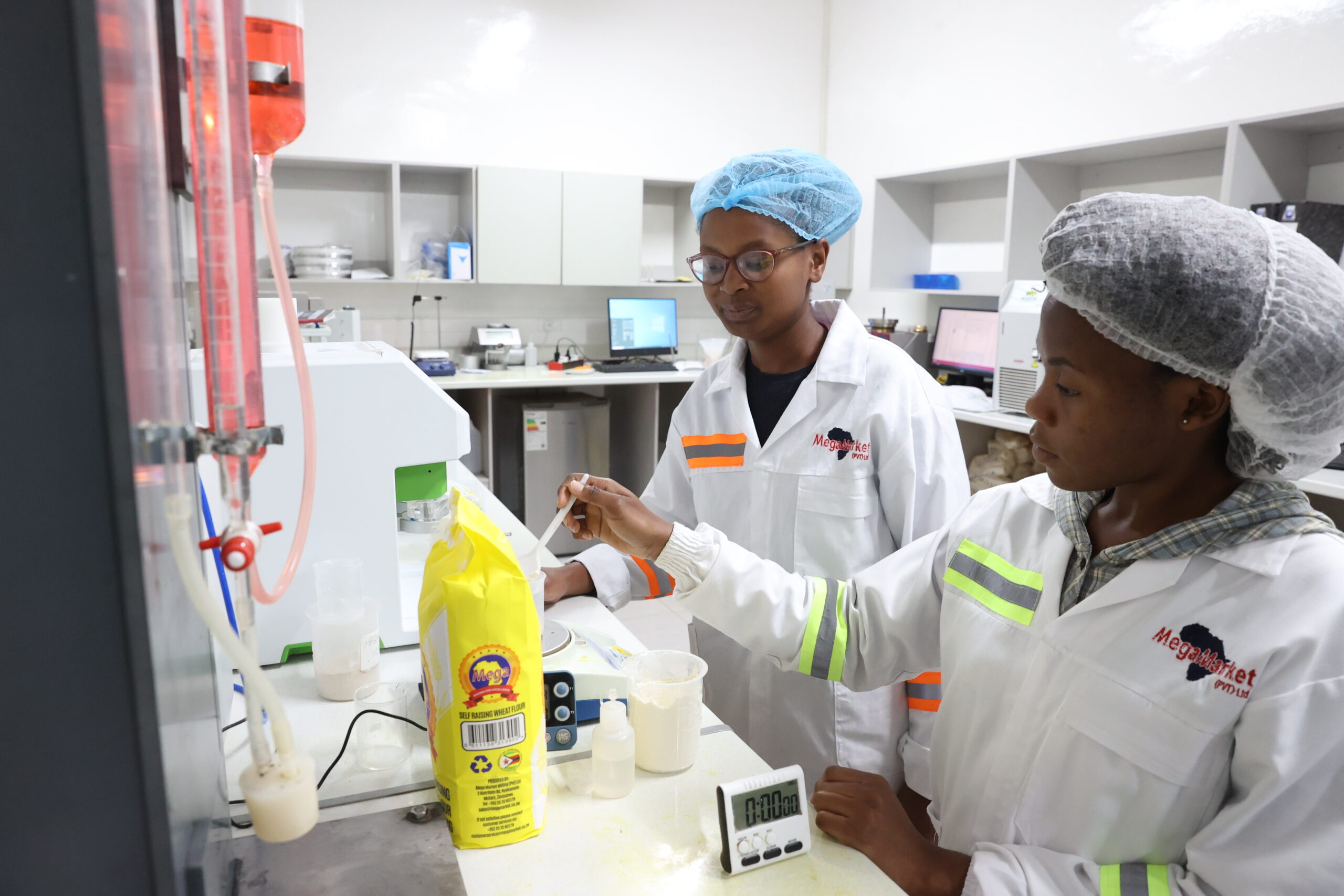
“We have engaged the Zesa regional office, but with limited success. Right now, we are looking at feasibility studies to put up a solar plant. But because of the unresolved land issue, our hands are tied. We might be forced to use our rooftops for the solar power plant, although it would be ideal to get extra land for it.
“Another elephant in the room is the Trade Measures Act, which stipulates the minimum and maximum sizes for our product packaging,” noted Mhambure. “Our plant is capable of packaging flour in 2.5 kg bags, but the Trade Measures Act only allows us to package flour in 2 kg and 5 kg bags. In other words, the 2.5 kg bag is effectively outlawed. What we find absurd is the fact that the market is awash with flour imports from South Africa that are packed in 2.5 kg bags. To us, this piece of legislation is not only outmoded, but anti-investment.
“In addition, we would like to package flour in 12.5 kg bags. But this, too, is against the law. We are, therefore, caught between the proverbial rock and a hard place. The question is why are we sticking to an outdated Act? We have raised this issue with the authorities and it’s almost 2 years now without a solution in sight. We are not saying the industry should abandon the 2 kg and 12kg bags. No, not at all. All we are saying is we have invested millions into a plant that can pack 2.5 kg bags and so we should get a waiver to pack flour in the respective bags.
“If the 2.5 kg bags are rejected by the market, the risk is on Mega Market. In any case, the difference in price between the 2kg and 2.5kg is quite minimal. In fact, our view is that it is a win-win situation. Mega Market will benefit from improved economies of scale which will translate to affordable prices for the consumer,” said Mhambure.
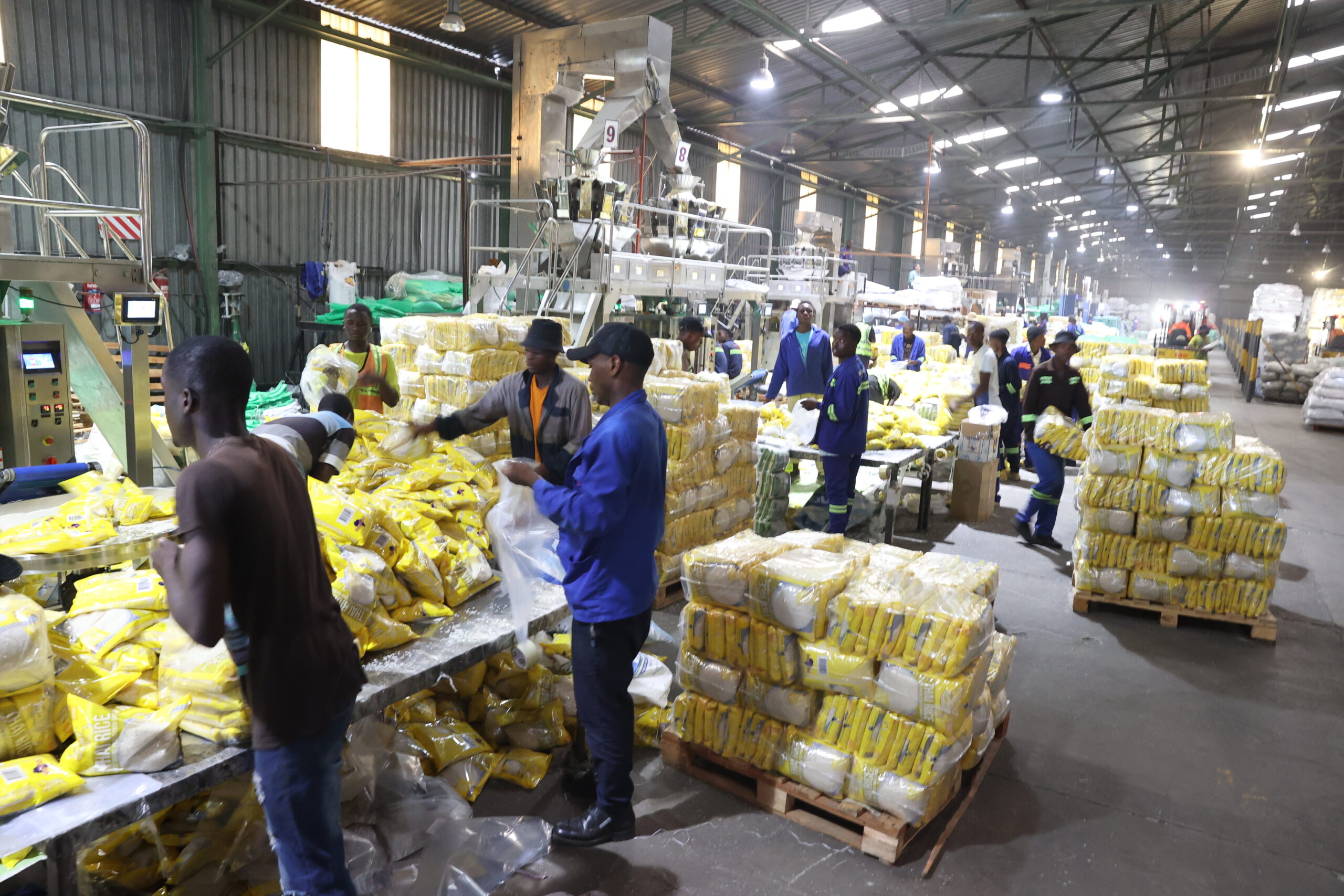
Milling manager De Bruin shared Mhambure’s sentiments: “I am surprised that 2.5 kg packaging for flour is an issue here. In South Africa, companies package different food products in 2.5 kg and 12.5 kg bags. But it’s not only in South Africa, but the world over. Those are the international standards.”
What does the deputy director in the Ministry of Industry and Commerce in Manicaland Province, Kupukani Masunungure, have to say about this?
This was his response: “We made an application for Mega Market to be allowed to pack flour in 2.5 kg and 12.5 kg bags. The Act provides for a waiver and we are looking into it. For example, the Act forbids the packing of chicken pieces in 1.5 kg bags, but the chicken producers were granted a waiver. Mega Market’s application is still under consideration. However, the long-term solution is to review the legislation.
“We don’t have an issue with the waiver, but the Grain Millers’ Association of Zimbabwe (GMAZ) has threatened to sue us if we grant Mega Market a waiver. That is the sticking point. However, we have a company in Chegutu that was granted a similar waiver and we cited it as a reference. That hasn’t helped our cause because GMAZ seems to have an axe to grind with Mega Market.
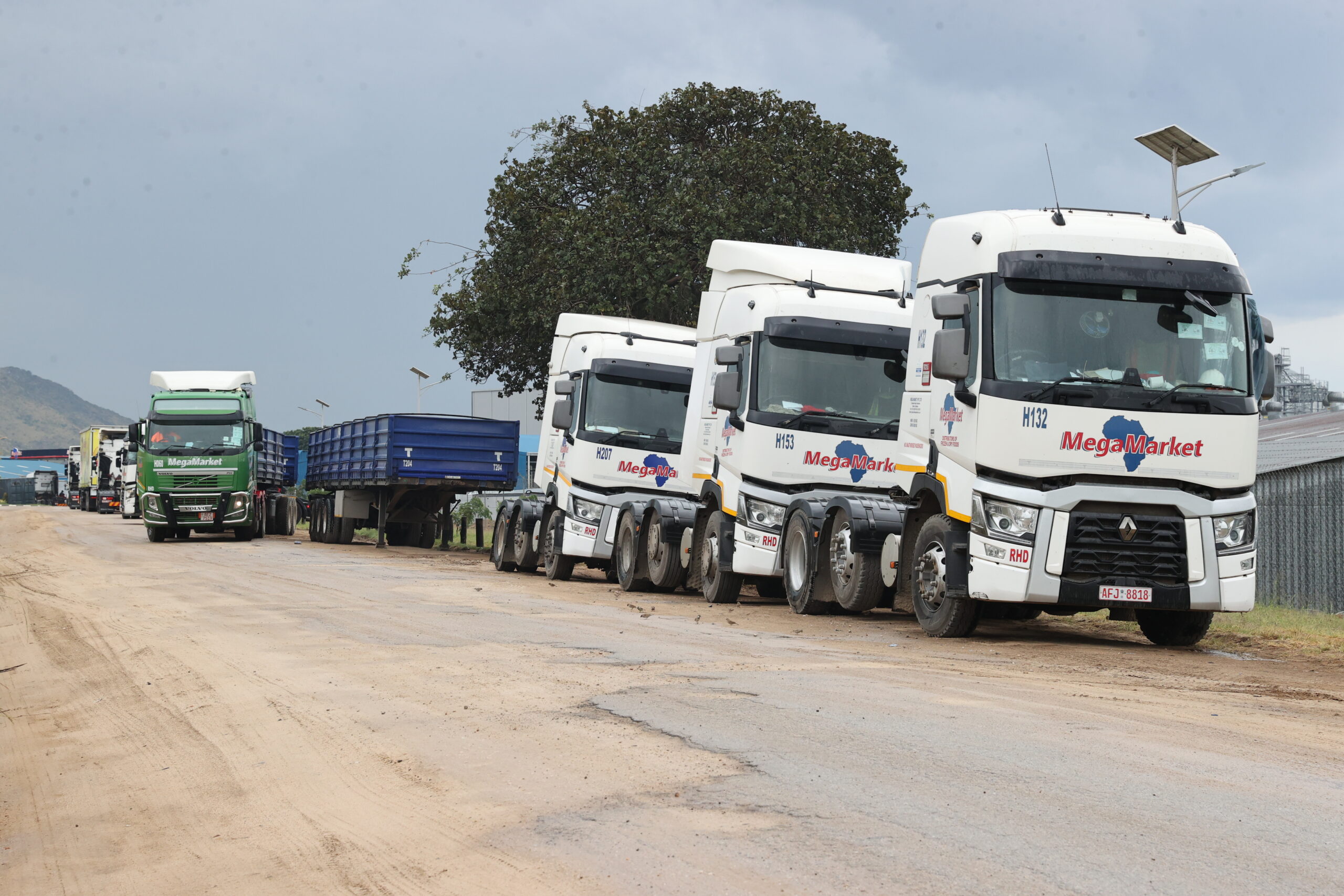
“Maybe the problem is that the milling industry has for many years been monopolised by a few companies and the pioneers are determined to shut the door on new entrants. I have no doubt, the entrance of Mega Market has shaken the industry.”
Chingombe had the last word: “As Mega Market, we think this is where the government should come in and protect us as new investors. They have to protect us for the benefit of the consumers. Our application is noble. We want the consumers to benefit, but we feel there is some conflict of interest somewhere.
“In addition, we would also like our grain allocation from the GMB to be increased in line with growing demand. We can process 120 tonnes of maize per day, but sometimes we are allocated only 300-500 tonnes per month. This means the plant will only run for about 4 days per month.
“To supplement our grain supplies, we have plans to work with local maize and wheat farmers. We have already held meetings with some of them to appraise them of our expectations in terms of the grade and our grading system. It is our wish to engage some of the farmers through contract farming. I am sure such linkages with farmers will go a long way in boost our grain supplies.
“Ours is a state-of-the-art plant, certainly one of the best in Southern Africa. It can produce up to 14 different products. We hope all these issues will be ironed out in time for the official opening of the plant. We are fully aware that quite a number of our competitors are threatened by Mega Market.”

